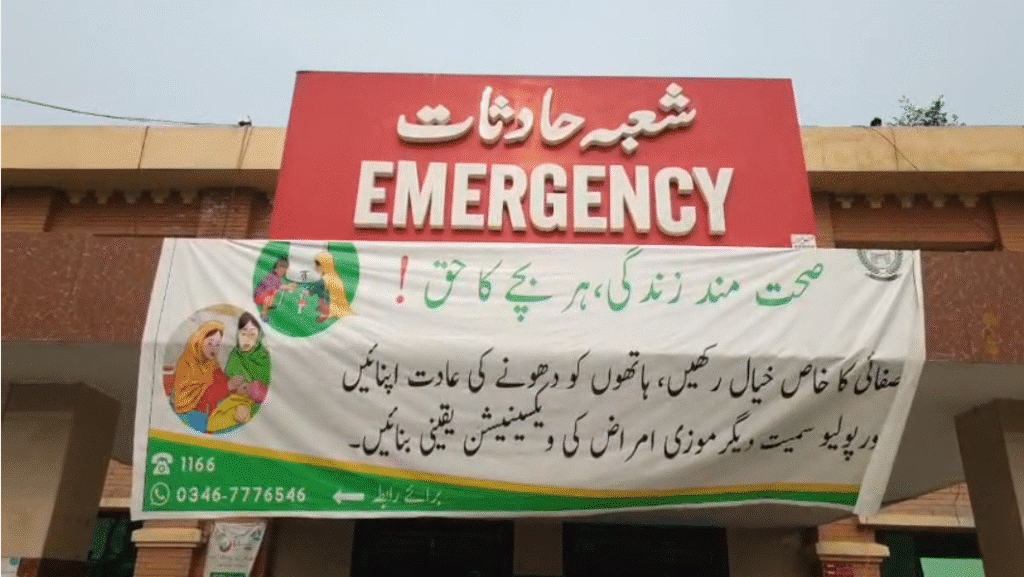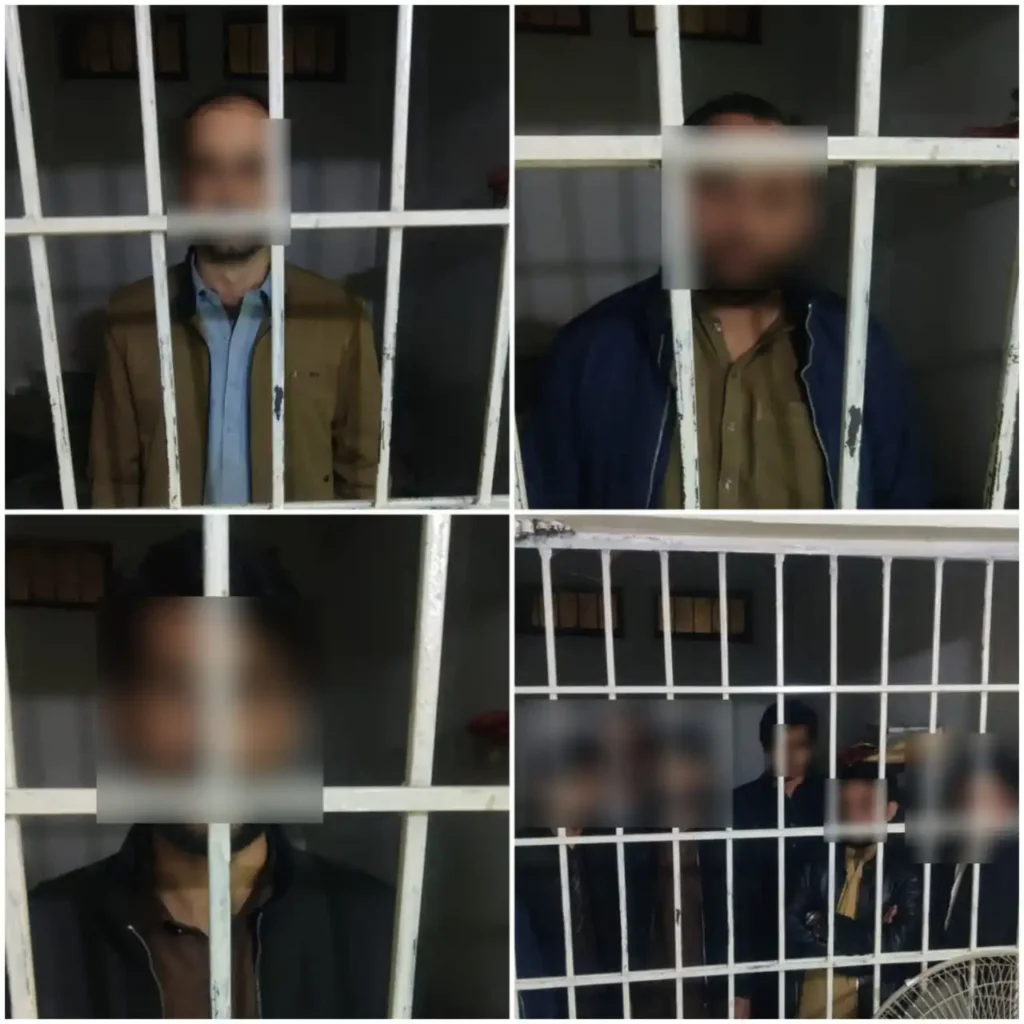CHARSADDA: A female doctor at the emergency ward of Charsadda District Headquarters (DHQ) Hospital has revealed that nearly 80% of the patients visiting the hospital are addicted to narcotic medications.
The doctor, speaking to Pakhtoon Digital on the condition of anonymity, said that many of these individuals become aggressive or confrontational when they are denied the drugs they seek.
According to the doctor, patients demanding sedatives, painkillers, and other habit-forming drugs frequently create tense and sometimes violent situations in the emergency ward. “They come in complaining of vague or exaggerated symptoms, hoping to get access to medicines like diazepam, tramadol, or other strong sedatives. When we refuse or suggest alternative treatment, they often resort to verbal abuse or threats,” she explained.
Hospital staff, particularly in the emergency department, say the issue has become increasingly difficult to manage. Some patients reportedly visit multiple times a week or move between nearby healthcare facilities to acquire their desired medications. Medical professionals have expressed concern over the lack of a monitoring system to track frequent users or those with known substance dependence.
“We are here to provide care, not enable addiction,” the doctor said. “But when a large number of patients are more focused on obtaining narcotics than actual treatment, it not only affects their health but also puts pressure on hospital resources and endangers our staff.”
Hospital authorities also acknowledge the growing challenge of prescription drug abuse in the district. Despite existing guidelines on the use of controlled substances, enforcement remains weak due to staffing shortages, lack of support from law enforcement, and the absence of centralized health records.
The doctor stressed the need for urgent government intervention, including awareness campaigns, tighter regulation of prescription drugs, and rehabilitation programs for addicts. “We need proper training for healthcare workers, protection for staff, and rehabilitation services for patients suffering from addiction. Right now, we’re just dealing with the symptoms, not the root cause,” she said.
Healthcare experts warn that the increasing dependence on prescription narcotics could lead to a wider public health crisis if not addressed swiftly. They call for a coordinated response involving health authorities, law enforcement, and local communities to tackle the issue effectively.
Read also: Peshawar police arrest 250 robbers, 450 drug dealers in one Year: SSP operations





